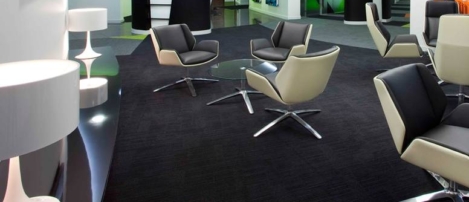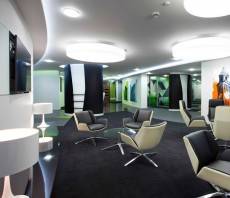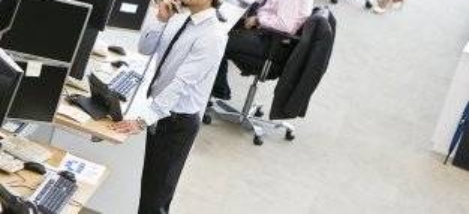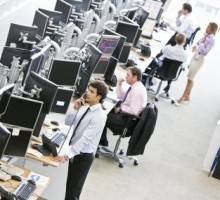September 29, 2015
Generation Z is the smart generation that will redefine work, claims report 0
 The trade association BSRIA has launched a White Paper called Products and Systems for Generation Z in Reduced Carbon Buildings to explore the future needs of buildings designed for what it calls the ‘smart generation’. It considers ways in which the value of buildings might be improved in order to raise productivity and wellbeing for occupiers and at the same time generate new revenue streams for suppliers. Authored by Jeremy Towler and based on data collected in March of this year, it suggests that Generation Z are the “first tribe of true digital natives” and are ‘smarter and more prudent than Generation Y. They are empowered, have more job choices, seek freedom of movement and flexible working policies. They are the ‘see it – want it’, ‘touch it – get it now’ generation.’ The report claims this will define their relationship with work and drive demand for flexible working and on-demand offices.
The trade association BSRIA has launched a White Paper called Products and Systems for Generation Z in Reduced Carbon Buildings to explore the future needs of buildings designed for what it calls the ‘smart generation’. It considers ways in which the value of buildings might be improved in order to raise productivity and wellbeing for occupiers and at the same time generate new revenue streams for suppliers. Authored by Jeremy Towler and based on data collected in March of this year, it suggests that Generation Z are the “first tribe of true digital natives” and are ‘smarter and more prudent than Generation Y. They are empowered, have more job choices, seek freedom of movement and flexible working policies. They are the ‘see it – want it’, ‘touch it – get it now’ generation.’ The report claims this will define their relationship with work and drive demand for flexible working and on-demand offices.










 The allure of London for Generation Y appears to be fading, according to
The allure of London for Generation Y appears to be fading, according to 























September 18, 2015
What Robert Frost can teach us about the changing workplace
by Mark Eltringham • Comment, Facilities management, Flexible working, Technology
More →